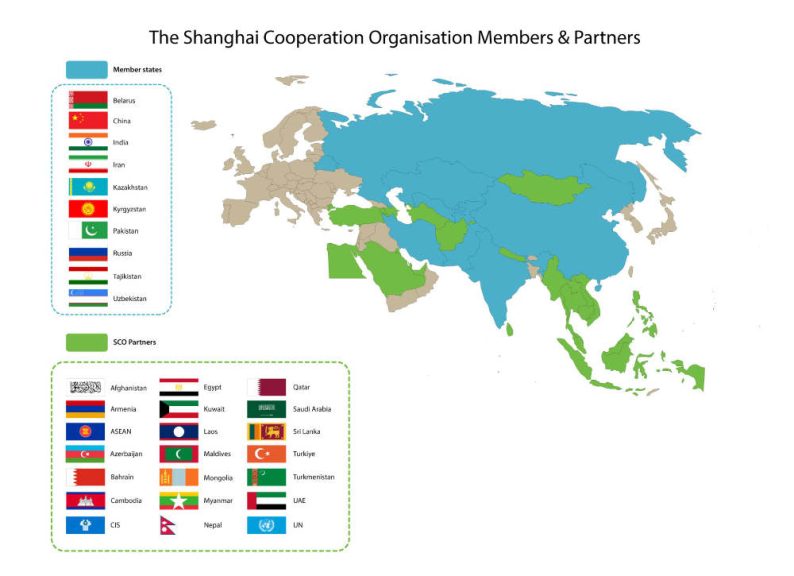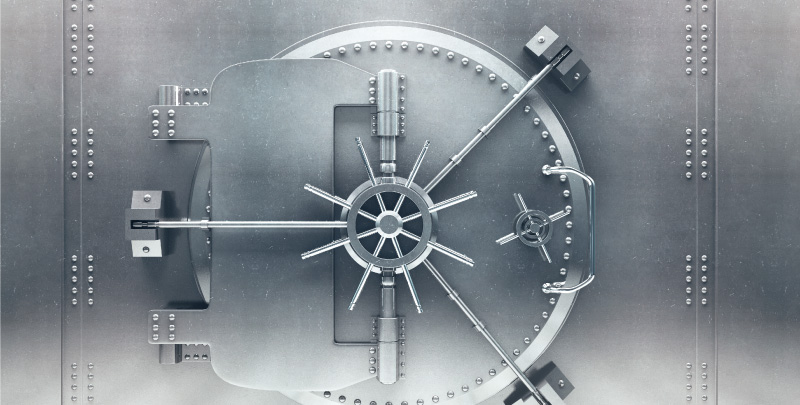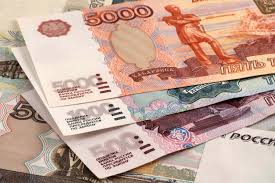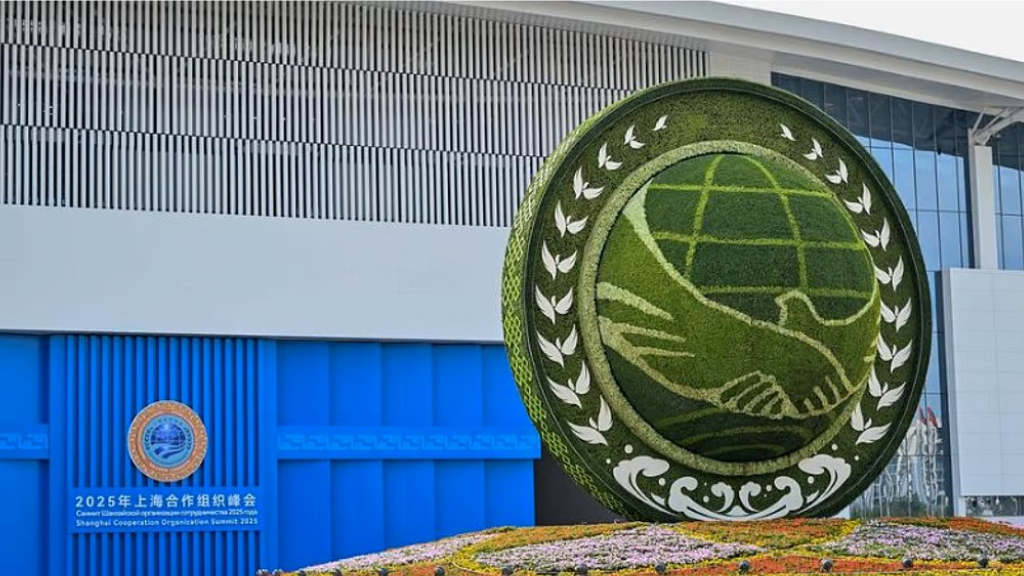The Russian Finance Minister, Anton Siluanov, has outlined his vision for the proposed Shanghai Cooperation Organisation (SCO) Development Bank, the formation of which was discussed at the beginning of this month at the annual SCO Heads of State summit in China.
The SCO includes full members Russia, Kazakhstan, Kyrgyzstan, Tajikistan, Uzbekistan, India, Pakistan, Iran, and Belarus, together with several SCO partner nations: Afghanistan, Armenia, Azerbaijan, Bahrain, Cambodia, Egypt, Kuwait, Laos, Maldives, Mongolia, Myanmar, Nepal, Qatar, Saudi Arabia, Sri Lanka, Turkiye, Turkmenistan, and the UAE. ASEAN is also a partner to the SCO; however, it does not have its own development bank.

Siluanov said that Russia and China are already actively engaged in developing the concept of the SCO bank. Both discussed its key potential functions at the SCO heads of state summit and will discuss them in more detail at the financial meeting of dialogue partners later in the year. Main topics are how such a bank could reduce dependence on Western financial infrastructure and whether there are operating or sanctions risks. Russia and China are also significant shareholders in the Asian Infrastructure Investment Bank (AIIB) and the BRICS New Development Bank, (NDB) both of which are capitalised at US$100 billion and provide capital for regional infrastructure and development projects. The AIIB tends to invest in hard infrastructure such as roads and rail, and the NDB in green projects. What remit an SCO bank would carry out therefore needs to be different, yet complementary.
Siluanov said that following the recent SCO summit, many key decisions were made, including the establishment of an SCO Development Bank, while the discussion of topical issues, including the SCO Development Bank, also continued at the Far Eastern Economic Forum in Vladivostok at the Ministry of Finance level.
SCO Financial Depository

Silunaov made several interesting statements about the role of the proposed bank, saying that “We need to have our own independent payment infrastructure. This is especially important against the background of sanctions when the financial channels of the West (SWIFT) become inaccessible not only to Russia but also to other partners (Iran). Therefore, the creation of an independent depository on the basis of the SCO bank is being discussed.
He added, “We would like this bank to create opportunities for investors in our countries to be able to freely buy and sell securities in any country. That is, to perform such an independent depository function in its own way. This topic has also been discussed with our Chinese partners.”
Due to Western sanctions, Russia’s overseas sovereign financial assets have been frozen in the European depositories Euroclear and Clearstream since 2022, meaning that for Russians, making international investments has become very risky. Through the proposed SCO Development Bank structure, it will be possible to finance investment projects in SCO countries, as well as provide their citizens and companies with financial market services that they may currently not have access to.
This would mean that an SCO Development Bank could become an alternative to European depositories. However, there are still obstacles. Among them are the high profitability of rouble-denominated securities, as well as uncertain forecasts for quotations of securities denominated in SCO foreign currencies. There also remains a relative risk of asset freezing, as foreign securities would be issued and accounted for outside Russia, which means that settlements would also take place there. This means that the risk issue is to what extent the Eurasian SCO market would be able to meet investors’ expectations.
Siluanov said that Moscow and Beijing have already agreed to discuss these aspects in more detail at the upcoming meeting of the Russian-Chinese Intergovernmental Financial Commission in October. This mechanism has been in operation since 2006, with representatives of the ministries of finance, the central bank, and commercial banks of Russia and China participating. Progress depends on the policy of the respective central banks and the infrastructural capabilities and desire of each of the other SCO countries.
Digital financing

There are other areas an SCO Development Bank could become involved in. Russian borrowers have been denied access to global financial markets due to US and EU sanctions, and Chinese banks have avoided transactions with Russian companies due to the risk of secondary sanctions. Meanwhile, cooperation between Russia and China on simplifying project financing has been gaining traction. For example, China is preparing to open the domestic (Panda) bond market to large Russian energy companies such as Rosatom, who are shortly to conduct a test issuance of Panda bonds. Other Russian companies, such as Gazprom, may follow if the issue is successful. The opening of this market is indicative of the deepening mutual economic ties between Russia and China.
The placement of bonds in China will give these companies the opportunity to raise money at more affordable rates in RMB Yuan, which is important against the background of the high cost of loans in Russia and the ban on foreign loans. This will allow Russian companies to receive financing for such large-scale projects as the Power of Siberia 2 and the construction of other nuclear power plants: Rosatom has a significant global order book.
Siluanov also said that one of the most realistic and immediate tasks of the SCO Development Bank is to provide interstate loans and that the move towards digital finance would greatly simplify this. He said that the development of this is a priority, saying, “We discussed with our Chinese partners how this bank should deal with new types of settlements, digital settlements, digital rubles, digital currencies, and digital financial assets in order to be independent of Western infrastructure.”
The reference to ‘digital settlements’ means that the SCO bank would also be designed to accumulate excess liquidity and direct it to finance projects in countries where there is a high demand. Financing in RMB Yuan currently looks the most advantageous in this scenario, as it has the largest transactional global volumes of any of the SCO currencies.
A key element will be the synchronisation of existing national payment systems with each other. This would additionally create a powerful platform for cross-border settlements without the involvement of Western intermediaries and external risks. The current Western system involves clearing banks. and other intermediaries who charge a commission of their transactions, as anyone making an online transaction via SWIFT or an intermediary bank will be familiar with. Analysts suggest that even a partial transfer of 30-40% of SCO multilateral trade to an SCO platform is equivalent to trade of about US$700-800 billion and would allow participating SCO countries to save billions of dollars on Western bank fees.
Facilitating Russian Investment

This will also help attract new assets and enable foreigners to enter the Russian market, which is attractive in terms of opportunities, and would increase investments in the Russian economy. Due to the current high key rate of the Russian Central Bank (18%), many companies find it difficult to cope with servicing expensive loans, while money for industrial development is needed. An SCO bank would assist foreign investors to become an additional source of financing for Russian businesses.
Siluanov added that this would also mean that Russian investors would once again be free to invest in foreign assets, and foreign investors will be able to finance projects in Russia. SCO countries would create a depository to replace Euroclear and Clearstream, saying that “the new Shanghai Cooperation Organisation Development Bank should take over this function.”
Further Reading
BRICS New Development Bank: 2025 Development Updates

 Русский
Русский













